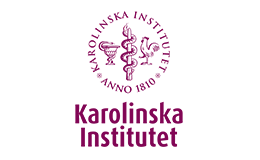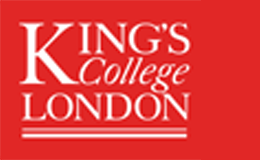How do I prepare for studying abroad in the field of cell and tissue engineering?
What are the best biomedical engineering degrees?

How do I prepare for studying abroad in the field of cell and tissue engineering?
Cell and Tissue Engineering is one of the most exciting fields in science today, with developing innovations around the world at their fingertips. But what are the best universities to study cell and tissue engineering? And what career opportunities are there for Cell and Tissue Engineers?
Challenges associated with studying abroad
Studying abroad in the field of cell and tissue engineering will present many challenges but can also be a truly rewarding experience. There are many risks associated with studying abroad, such as language barriers, unfamiliar customs, and different academic standards. You should carefully weigh your options before deciding to study abroad. The risks are often worth it because you can learn so much about yourself by living in another culture for an extended period.
Benefits of Studying Cell and Tissue Engineering Abroad
Studying abroad in the field of cell and tissue engineering can provide you with many benefits. One is to broaden your knowledge by learning about different approaches to solving problems. Another is to become better acquainted with research methods, which are often different from what you will find in the United States. Studying abroad also provides opportunities for networking or collaborations, which can be helpful when applying for jobs or for graduate school.
Types of Courses for this Field
There are many courses to prepare for in this field. You can take basic biology courses, anatomy and physiology, cell biology, genetics, or chemistry. Other courses that will prepare you for studying abroad in the field of cell and tissue engineering include biochemistry, molecular biology, microbiology, immunology, pathology, developmental biology, pharmacology, medical ethics. Classes that most people take in this field are engineering courses. These courses include civil, biological, and mechanical engineering. Other classes that might be taken are related to the human body and its functions. For example, students may take anatomy and physiology. They might also take classes related to cell research. Students may also take humanities courses like anthropology, cultural studies, or sociology.
Tips for Studying Abroad
Plan ahead for your study abroad experience. It is never too late to start planning, but you may want to think about applying more than a year before the intended start date if you are interested in a very competitive program. Look at where you would like to go on your study abroad. Think about what type of academic and cultural environment suits you best: i.e., small liberal arts school versus large research university, and culture such as diverse versus homogenous. Consider the location: does it have the language requirements that will meet your needs? How much money will you need? It's important to be well-prepared for studying abroad, especially in the field of cell and tissue engineering. The first thing you should do is familiarize yourself with the culture and society of your destination. Take advantage of your time at home before you leave by learning about the local language, customs, and laws. You should also do research on how to find schools or programs that suit your needs.
Requirements to Study Cell and Tissue Engineering Overseas
A good place to start is by researching the requirements for the specific countries you are interested in. For example, in some places it is necessary to have a Bachelor's degree in Biological Sciences, while others only require a Master's degree. There are also cases where programs are accredited through an international institution or work with approved partner schools abroad. You can find universities that offer cell and tissue engineering courses online. Cell and tissue engineering is the study of how cells, organs, and tissues are used to help diagnose and treat diseases. It's an interdisciplinary field that often requires both basic biology and biomedical science courses on top of general engineering courses. If you're considering pursuing a degree in this field, you'll need to apply to one or more universities that offer it as a major - some schools might only offer masters degrees while others may offer undergraduate degrees.
Why Go Abroad?
There are many reasons why you might want to study abroad - to experience a new culture, meet people from all over the world, or just to escape home for a semester. There are even more reasons as to why you should be studying abroad in an engineering field such as cell and tissue engineering If you want to help the world by saving lives and making new discoveries, please go abroad. Expanding your horizons with different cultures will make you a more well-rounded person. Furthermore, the experience of living in another country will prepare you for any future career that you might decide to pursue. Studying abroad is not for everyone. But if you’ve already decided that it’s time to take the plunge, there are a few things you should know before getting started. First, be sure to consider your options and evaluate what would be the best fit for you and your situation. Whether it’s an exchange program or studying abroad in a new country, it’s important to find out the pros and cons of each type of experience and how they could potentially impact your education and life after graduation.
How to Choose the Right Program?
The first step in preparing for a program is to conduct a thorough investigation of the institutions and programs available. This includes visiting institutions to see what they have to offer as well as talking with people who have studied abroad before. You should also look into the post-graduation employment opportunities that can be found for those with this degree. The best way to choose a program is to research and compare different options. If you're unfamiliar with the field of cell and tissue engineering, we recommend talking to someone who has studied in the field or read up on it. You should be sure that the program you want to apply for provides training in the areas needed for your desired career.
Recommendations for Choosing a School
Before you decide about which school to attend, ask yourself these questions:
1. Do I want hands-on training in the lab?
2. What is the student culture like?
3. Does the school provide supervision and mentoring for doctoral students?
4. How large is the laboratory space per student?
5. What type of research opportunities are available to graduate students?
Conclusions
Cell and tissue engineering is an emerging field in medicine with many potential applications. Many universities around the world offer undergraduate and graduate degrees in this area, so it might be worth your time to explore your options if you are interested in pursuing a career in research or patient care.

















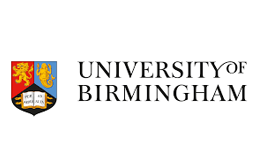
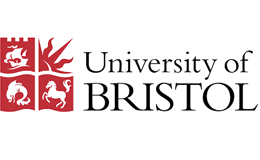
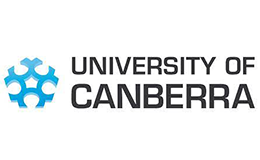




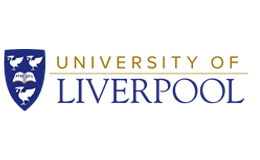

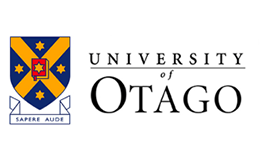
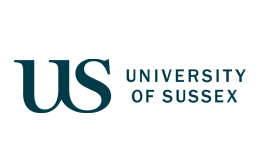
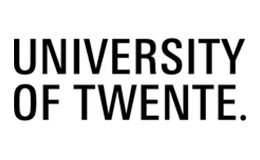



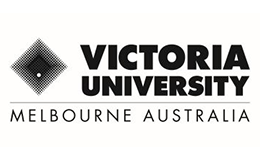




.png)

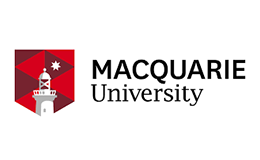


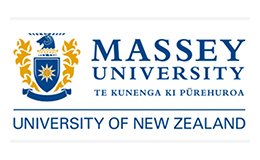
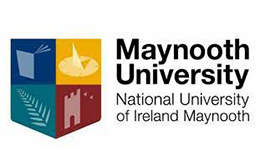



.png)



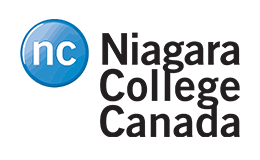
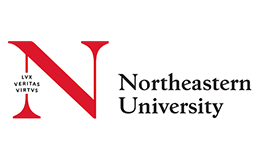









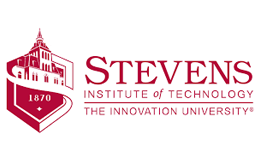







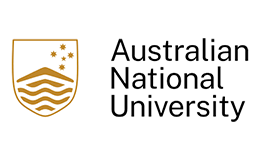

.png)






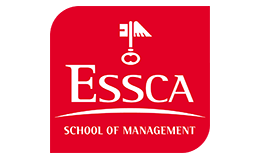



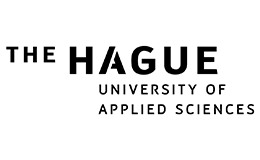




.png)

